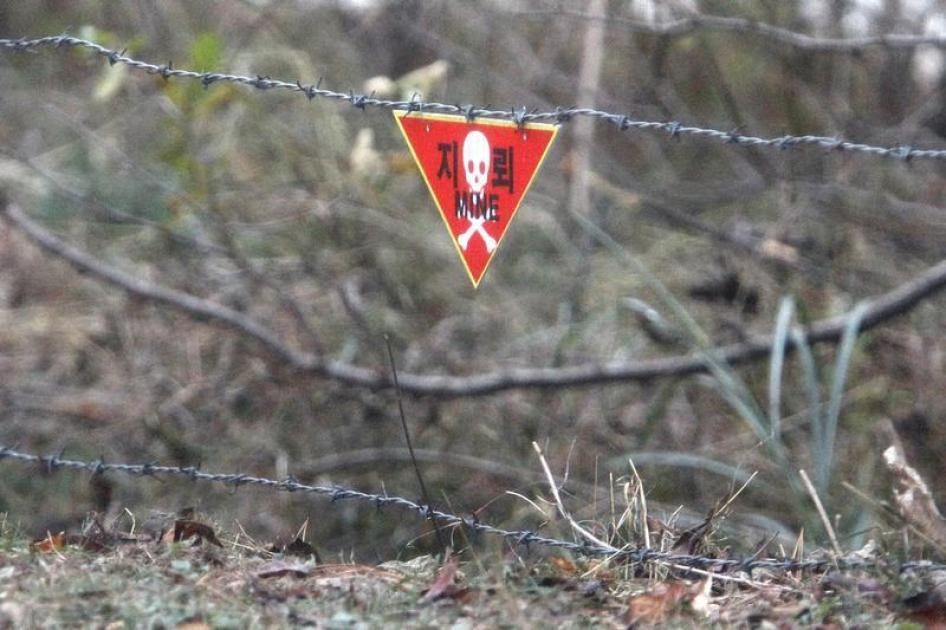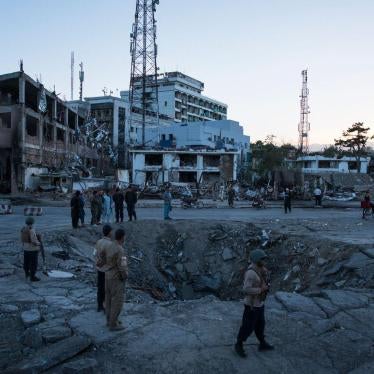“I was not born yet,” the Laotian child says after the reporter asks him if he knows where the unexploded submunition, lodged in the ground near his village, came from. Although only a child, the boy knows that cluster munition remnants are dangerous decades after their use. He didn’t touch the device, but did report it to a visiting mine clearance organization for destruction. The boy is one of the voices in a new VICE media documentary on the deadly legacy created by cluster munitions and landmines in Southeast Asia (documentary airs on HBO at 11pm).
In UN resolutions, statements, and media interviews, the United States often expresses concern about people killed by landmines and cluster munitions, which disperse explosive submunitions. The US also talks about its contributions as the world’s largest mine clearance donor. Yet current US policy on landmines and cluster munitions prevents Washington from signing on to the widely-accepted international treaties banning these weapons.
The US still produces, exports, and uses cluster munitions. While the US stopped the export, production, and acquisition of antipersonnel landmines, it still retains landmines for use on the Korean Peninsula.
Since 2007, US export law has prohibited recipients of US cluster munitions from using them where people live and farm. Yet for the past year, Saudi Arabia has repeatedly used US cluster munitions in and near civilian areas of Yemen, killing and wounding civilians. The export law also prohibits the export of cluster munitions if more than one percent of the weapons’ submunitions fail to explode upon impact. However, visual evidence and witness accounts in a new Human Rights Watch report show how CBU-105 Sensor Fuzed Weapons, manufactured by Rhode Island-based company Textron and used by Saudi Arabia in Yemen, delivered submunitions that have failed to disperse from the canister or disperse but fail to explode.
In June 2014, the White House announced a Pentagon study into alternatives to using landmines in the Korean Peninsula. It’s still not finished. Time is running out for President Barack Obama to send the 1997 Mine Ban Treaty to the US Senate for its advice and consent, as Senator Patrick Leahy has requested.
“How many generations are going to continue to die because these [cluster munitions and landmines] were used?” Leahy asks. It’s time for Obama, as commander-in-chief of the US armed forces, to tell the Pentagon to end its use of landmines in the Korean Peninsula. He should also stop US production, transfer, and use of all cluster munitions, including CBU-105 Sensor Fuzed Weapons, so that the US can join the 2008 Convention on Cluster Munitions.










